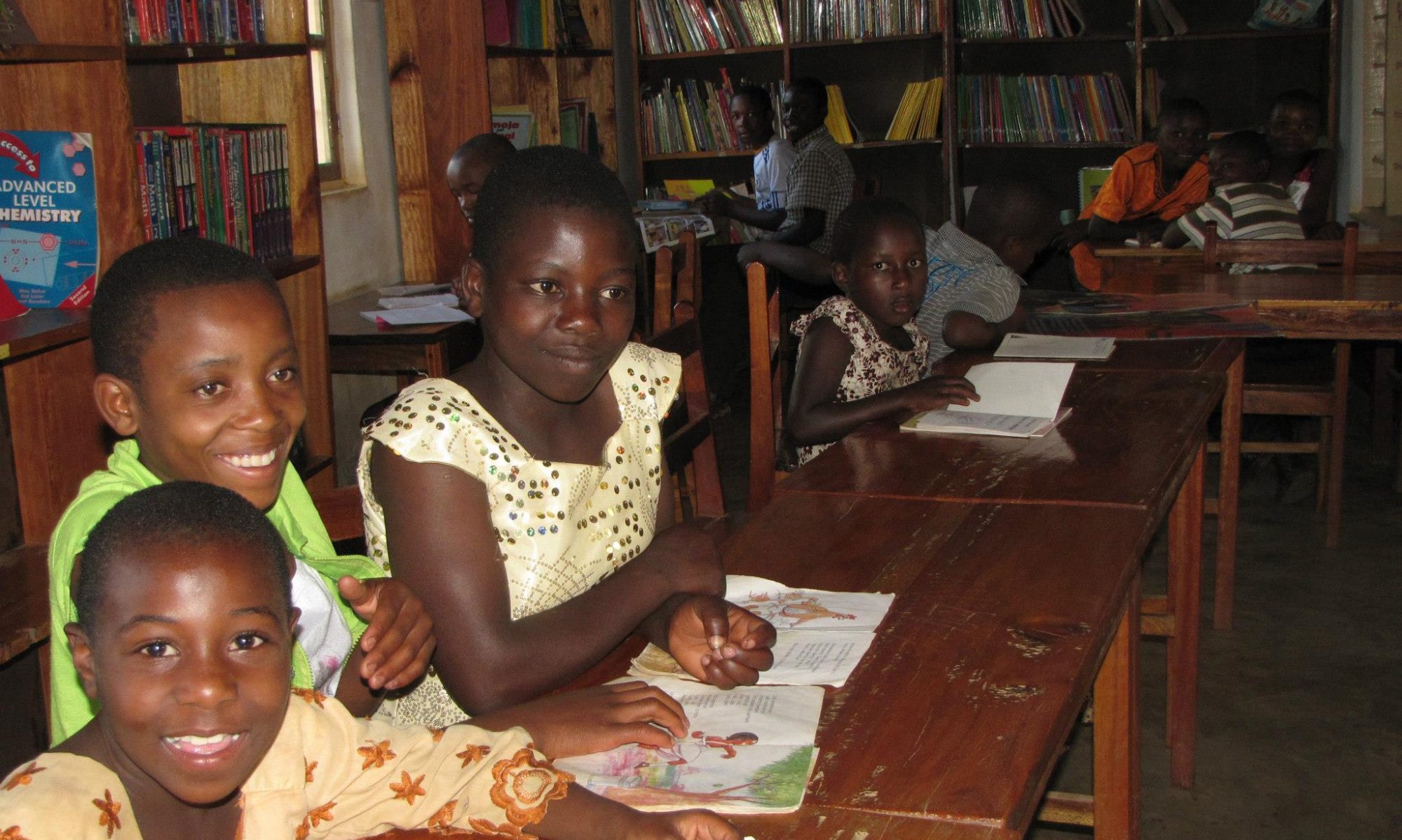The Standard 7 results were recently reported in Tanzania. The results were somewhat heartening, as the pass rate for the 983,545 pupils who took the exams, 58.28%, was an increased from the previous year by 4.76%. There were noticeable improvements in Math, which increased from 24.70% to 39.36%, and English, which increased from 36.47% to 46.70%.
Not all of the news about the Standard 7 examinations was good though. The Citizen also reported that cheating was a significant problem in its article Cheating Concerns As STD 7 Results Improve. (This article was also the source of the statistics in the previous paragraph.) According to the article, a total of 9,736 pupils had their examination results canceled because cheating had been detected. While I’m not sure if people need to be worried about cheating being the start of a life of hardcore crime and illegal activities for the pupils, I believe the importance of the issue is correctly identified in the aforementioned article and Standard 7 Examinations Should be Tamper-Proof.
One of the most alarming aspects of the number of cheaters caught is its rapid increase, as an article from The Guardian reported that only 124 results were cancelled the previous year. That said, cheating has always been a problem. While in the Peace Corps I remember hearing stories from other volunteers of students who couldn’t even read Swahili passing the examination and joining secondary schools. I never had a student that poor, but it was clear that cheating was a problem. Teachers would often complain about certain primary schools where cheating was common, and some students indeed could barely write and were very unprepared for secondary school.
I remember in one incoming class 10 of the top 13 girls all came from the same school. That alone seemed suspicious since we were accepting only 40 girls from at least two dozen primary schools. The national examination results later on were even more telling. The farthest any of the girls from that primary school went academically was finishing Form 4, and that was only one of those who joined the school. The rest of the girls from that particular primary school failed to pass the Form 2 examinations. Most of the other girls who I remember being ranked near the top of that incoming class are still studying. One is in A-level while others are studying to become teachers or nurses. Another girl from that class who wasn’t selected with the first 40 students, but halfway through the year during a second selection, is currently at the University of Dar es Salaam. (It surprised me that some of the top students came from the second selection both times it was done – if the school hadn’t increased enrollment mid-year those students would have probably finished studying after primary school, instead of being in A-level, teaching colleges, and universities now.) Perhaps all of the students completely changed their behavior after joining secondary school (as one of their classmates suggested) or the school produced good students who were simply unable to adjust to English being the medium of instruction/examination (though a couple of their male counterparts did quite well in secondary school), but it seems likely that at least some of the students received help to pass their examinations.
While announcing the results of the primary school examinations, the Deputy Minister of Education and Vocational Training, Phillipo Mulugo, stated that students joining secondary school next year will be required to pass an entrance examination (Form One to do reading, writing qualifying exam). This examination will verify the students ability to read, write, and count.
Apparently a number of education specialists in the country disapproved of the proposed test. As mentioned in No to Form One reading, writing qualifying exams and Clarify on Reading and Writing Exam, govt told, a number of stakeholders felt that it would be redundant for the government to give two tests in order to join Form 1, some refuted the deputy minister’s statement claiming that some students were entering secondary school illiterate, and others called for a better environment in primary schools. The result of this outcry seems to be that the entrance exam will not happen.
It’s my opinion that a qualifying exam could be beneficial. I think there is a problem with unprepared students entering secondary school, and a qualifying examination could potentially help improve the situation.
I agree with the deputy minister’s claim that illiterate students are entering secondary schools, and not just because of anecdotes from my time in Tanzania. In Are Our Children Learning, an annual assessment of the education system in Tanzania, Twaweza found that 1.99% of students in Form 1 were illiterate in Swahili, another 2.56% could only sound out letters, and 5.63% could say individual words, but not read sentences/paragraphs. Only 86.96% of Form 1 students tested could read in Swahili at the level expected of a pupil who has finished Standard 2. The results for English were even worse, with a full quarter of Form 1 students not achieving the level of proficiency expected of a Standard 2 pupil.
Part of the reason for the poor results at the Form 1 level (aside from high student-to-teacher ratios, under-qualified teachers, poor access to learning resources, teacher absenteeism, etc.) is most likely cheating. If the Standard 7 National Examinations truly selected the most qualified students to continue on to O-level I would expect Twaweza to deem roughly 80% of Form 1 students to be fully proficient (since they found 40% of Standard 7 pupils were fully proficient and roughly half of primary school finishers continue on to secondary school). Instead, only 65% of Form 1 students were found to be fully proficient. A number of factors may be explain the difference: the examinations rely heavily on multiple choice and other question formats that will allow the occasional student to get lucky, the students tested by Twaweza might not precisely represent the student population of Tanzania (in terms of socio-economic background, rural/urban living, private/government schooling, and other factors that play into test results), etc. But cheating is undoubtedly part of the reason as well. It will be interesting to see if the results of next years study improves, given the increase in nullified exams (nearly 1% of those who sat!) this year. Still, I tend to think that there are probably a significant number of people who cheated undetected.
If one accepts that under-qualified students are getting into secondary schools, then I believe that an entrance examination is a logical response. While the number of secondary seats available in government secondary schools has increased impressively in the past decade, they are still not equal to the number of pupils who pass the Standard 7 examinations. As reported in Cheating Concerns As STD 7 Results Improve, there are spots at government schools for only 90.1% of pupils who passed the examinations this year. Given the finite number of youth who can continue on to secondary school, it makes sense to try to make sure that those who get the opportunity are the most capable. Students poor at reading and writing in Swahili have essentially no chance at doing well in secondary school. Even all the deficiencies at secondary schools were rectified teachers would still find it difficult to teach basic Swahili literacy skills to some students while preparing others for their national examinations in English.
It seems to me that an entrance examination for O-level has the potential to significantly improve the quality of students joining Form 1. It wouldn’t eliminate cheating completely, there would still be cases where the wealthy or politically well-connected could bribe their children into schools, but I think that the school where the students will spend their next 4 years would be more rigorous at weeding out the worst students than the schools that produce them. Furthermore, a second test could possibly help the government identify primary schools where cheating is more commonplace and allow them to put in place stricter safeguards during testing, punish the invigilators or head teachers, or take whatever action deemed appropriate to discourage cheating in the future.

